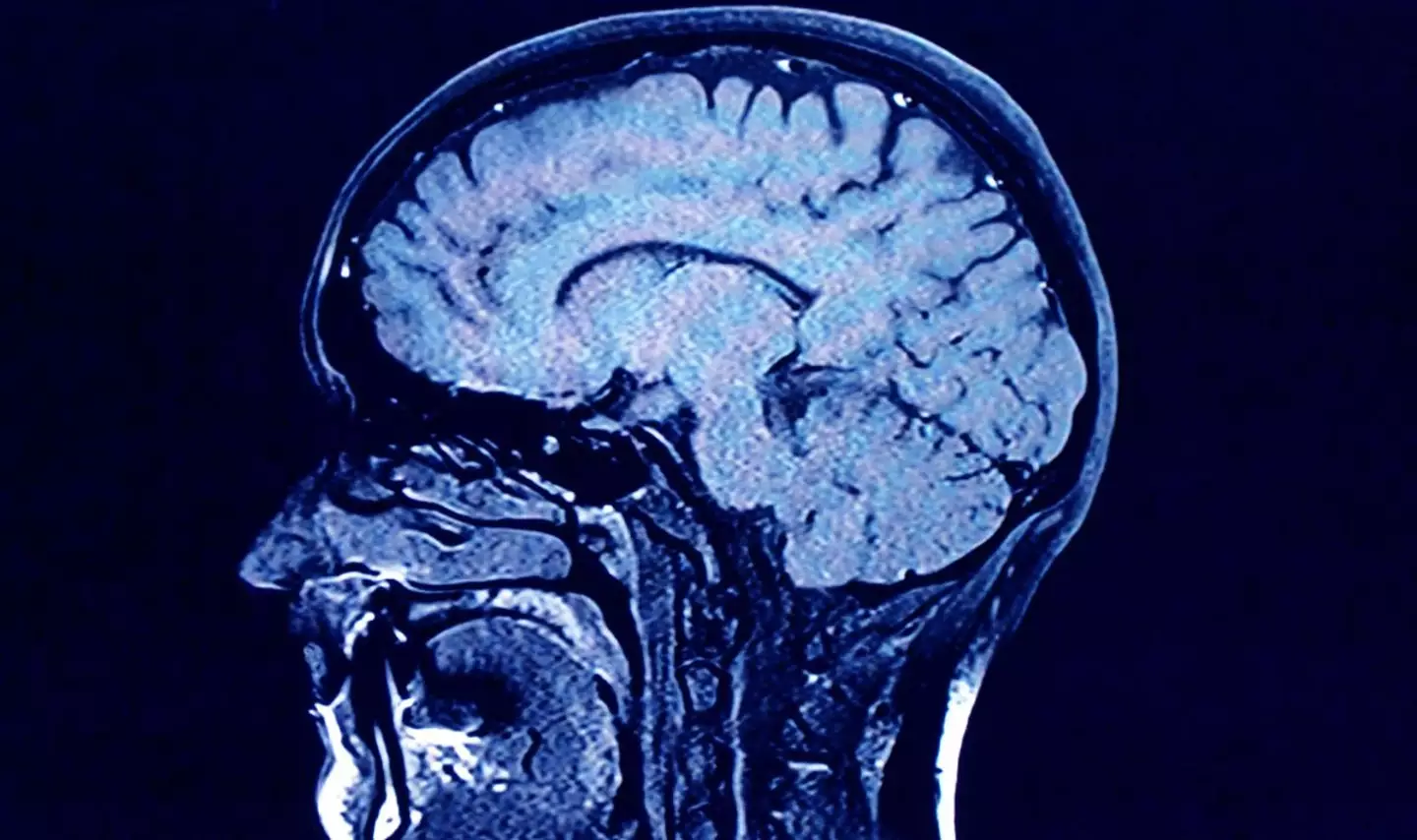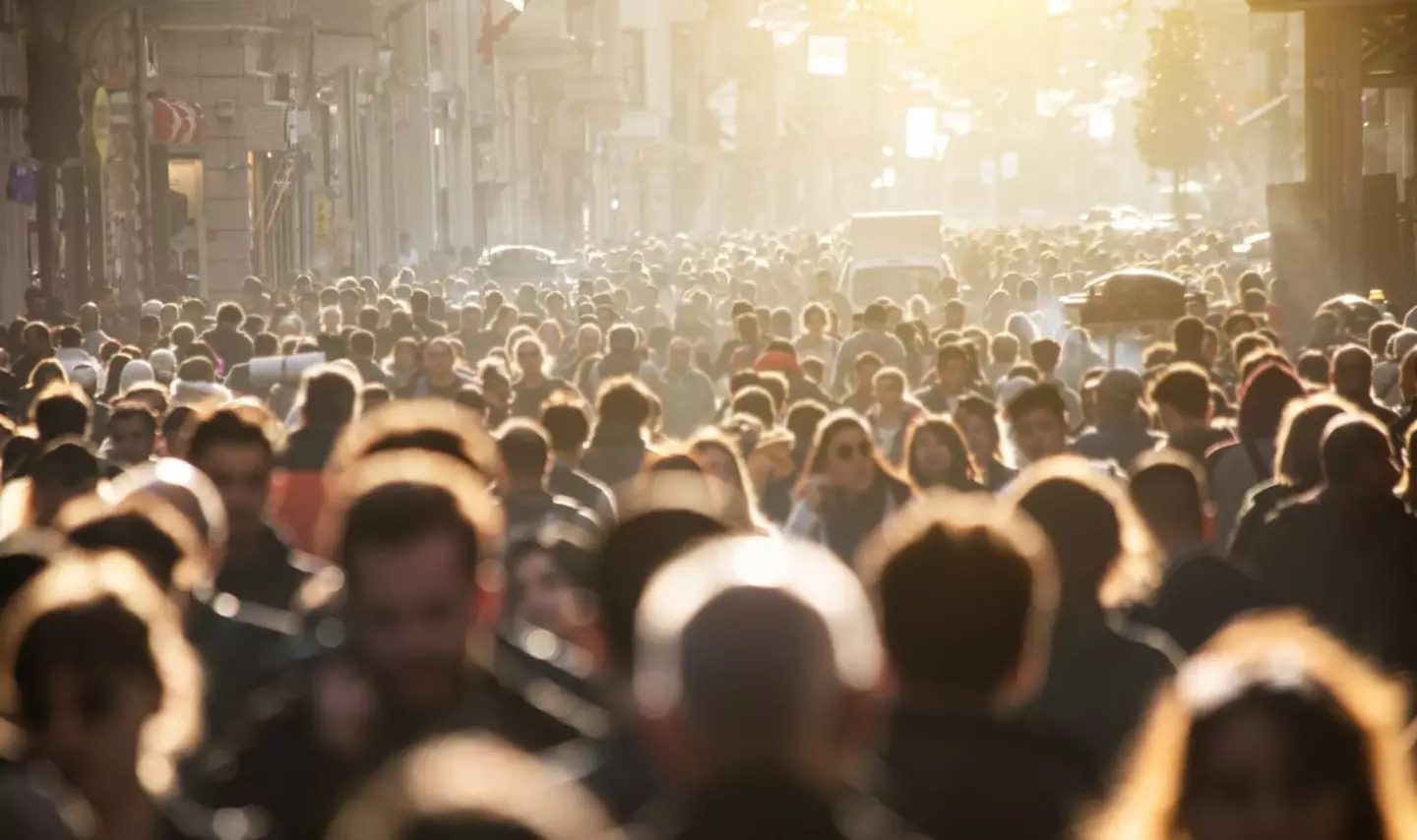If these scenarios resonate with you, you might be considered a highly sensitive person.
Although being highly sensitive isn’t an official clinical diagnosis, the term was introduced by Elaine and Arthur Aron in the mid-1900s to explain why some people have a more sensitive nervous system than others.
According to the American Psychological Association (APA), a highly sensitive person exhibits high sensitivity to subtle stimuli and is often easily over-aroused by external stimuli.
Earlier this month, practitioner Dr. Lalitaa Suglani posted on Instagram about ten signs that could identify you as a highly sensitive person.

“Ever feel like you experience the world more deeply than others? It’s time you fully understood what this means!” she mentioned in her post’s caption.
“This year, embrace it and start learning to understand it more fully – it’s the key to thriving.”
Dr. Suglani pointed out that highly sensitive individuals often require more alone time.
Supporting this observation, clinical psychologist and author Dr. Julie Smith mentioned in a TikTok video that individuals who feel the need to withdraw from busy environments often need solitude to recover from the stimulation of those surroundings.
Psychotherapist Julie Bjelland also highlighted how one’s nervous system can become overwhelmed if not allowed time away from stressful situations.
She advises that highly sensitive individuals allocate at least two hours a day to reach a state of relaxation.
“Some people prefer it all at once and some find they might do one hour in the morning before everyone is up and another hour in another part of the day, for example,” Bjelland added.
Clinical psychologist Aron estimated that around 15-20 percent of the global population has a highly sensitive personality. Notably, if you frequently struggle with criticism, you might be one of them.
There are methods you can adopt to handle criticism and rejection better, according to Psych Central.
These include focusing on positive feedback, resisting the urge to respond immediately, and asking questions to fully understand what went wrong.

It’s common for highly sensitive individuals to feel overwhelmed as they process stimuli more intensely than others.
Sensory overload and emotional fatigue are frequent contributors, with Better Help explaining: “While sensitivity can be a gift for some, it may also lead to feeling overwhelmed when faced with intense emotional situations or when simultaneously experiencing a surge of various emotions.”
It’s recommended that highly sensitive people adopt coping strategies such as time management, self-care practices, and establishing healthy boundaries between themselves, their work, and even their friends.
Dr. Suglani notes that highly sensitive individuals often possess a creative flair and a rich inner life.
However, an imaginative mind can also generate worry and intense feelings for others. This can eventually lead to empathy fatigue, which Cleveland Clinic describes as a ‘negative consequence of repeated exposure to stressful or traumatic events’.
Due to their deep processing of every experience, many believe that high sensitivity and intuition are interconnected.
Dr. Elayne Daniels, a psychotherapist and coach, claims that those with a unique nervous system are more attuned to what others might miss, compared to the 80-85 percent of people who do not have the High Sensitivity trait.
She even suggested that some highly sensitive people might appear psychic due to their ability to sense the energy or vibe of others.
“For instance, HSPs are better than non-HSPs at distinguishing between ‘good’ guys and ‘bad guys’. In real life and in movies. (That does not mean the accuracy rate is 100%!),” Dr. Daniels added.

Dr. Suglani notes that having a strong sense of compassion and intense empathy is the sixth sign of being a highly sensitive person.
“Sensitive people have empathy in spades, so much so that the difference can be seen in brain scans,” stated Sensitive authors Jenn Granneman and Andre Solo.
“This means sensitive people tend to ‘feel for others’ more than less sensitive individuals, which can encourage them to be more compassionate and take action in the face of suffering.”
As discussed, people with intense emotional responses can often feel overwhelmed and may need a safe place to retreat.
“Sensitive individuals process their environment so deeply that they are inevitably more affected by both the good and the bad within it,” explains Psychology Today. “They are not weak; they are susceptible.”
MedicalNewsToday also mentions that highly sensitive people are generally more aware of social stimuli, such as people’s voices and facial expressions.
The site adds: “They may be particularly empathetic but also more prone to overstimulation.”

Loud bands, constant chatter, chewing, and more can significantly affect highly sensitive people.
According to Bjelland, this is due to a trait called ‘sensory processing sensitivity’ that causes people to experience heightened sensitivity to sensory input.
Strategies that might help manage sensitive senses include using ear plugs in noisy environments, getting sufficient sleep, and advocating for personal needs.
The second-to-last sign that you could be highly sensitive is experiencing intense emotional reactions to media violence or negativity.
This can range from watching boxing matches to reading about a celebrity’s death in the news.
Because they process stimuli differently from others, those with sensitive tendencies often feel uneasy in crowded or busy locations.
On this point, shared by Dr. Suglani, one Instagram commenter remarked: “This was good to see, especially today. #10 fascinates me, as my music production work (recording studio and concert sound) often has me in crowded environments.
“I wonder if I take on the load of more than one person to give myself relative isolation? I must check out your book!”
